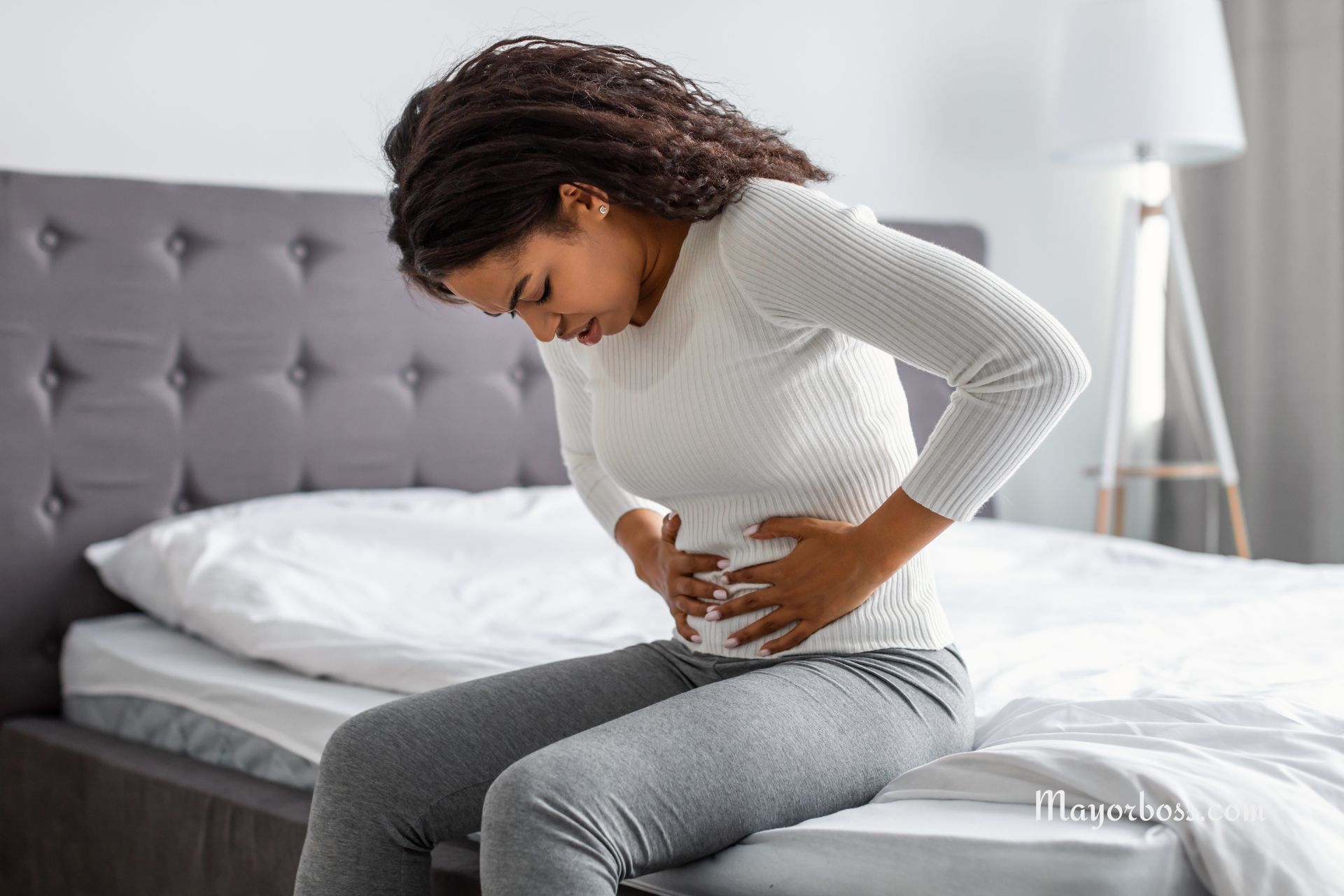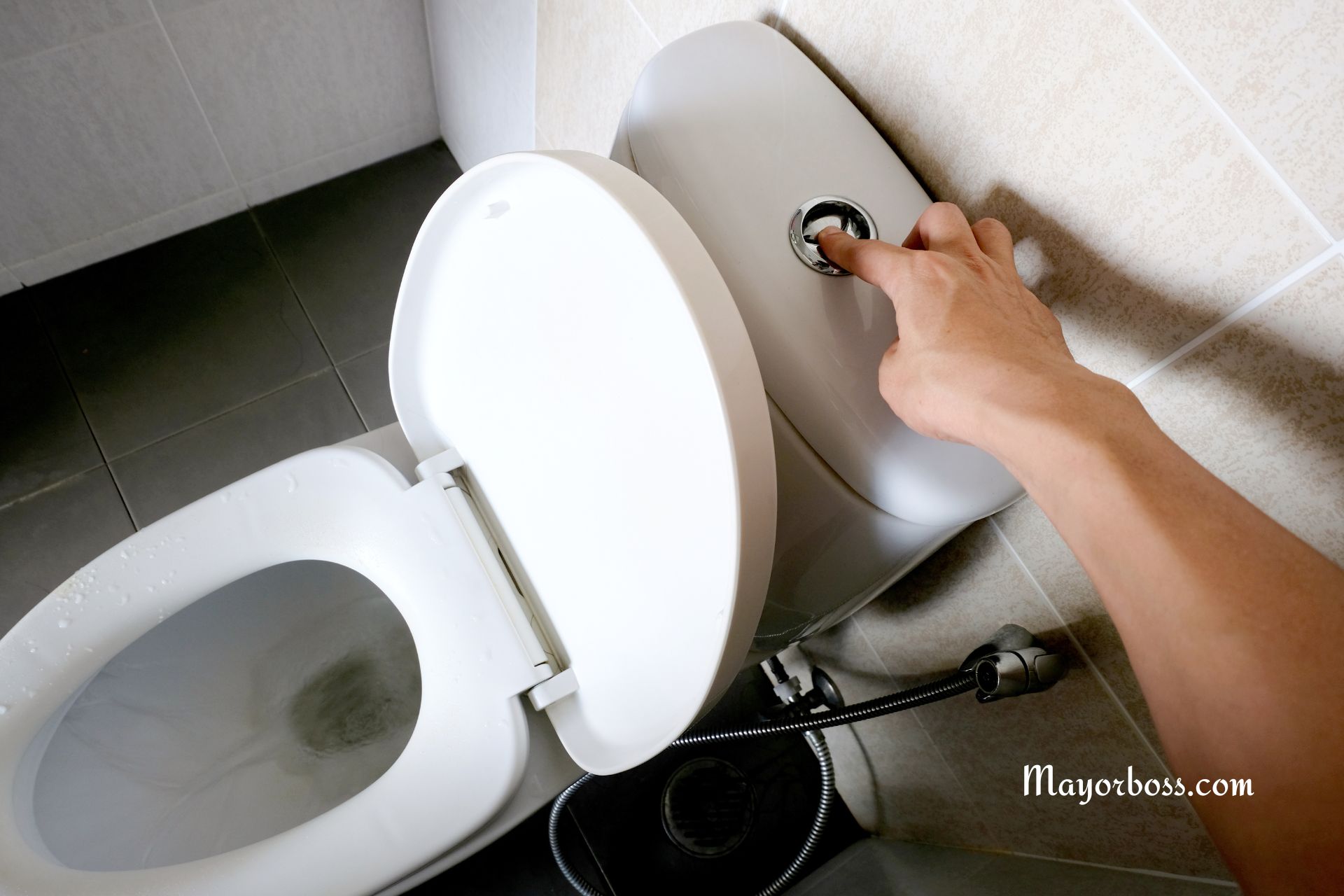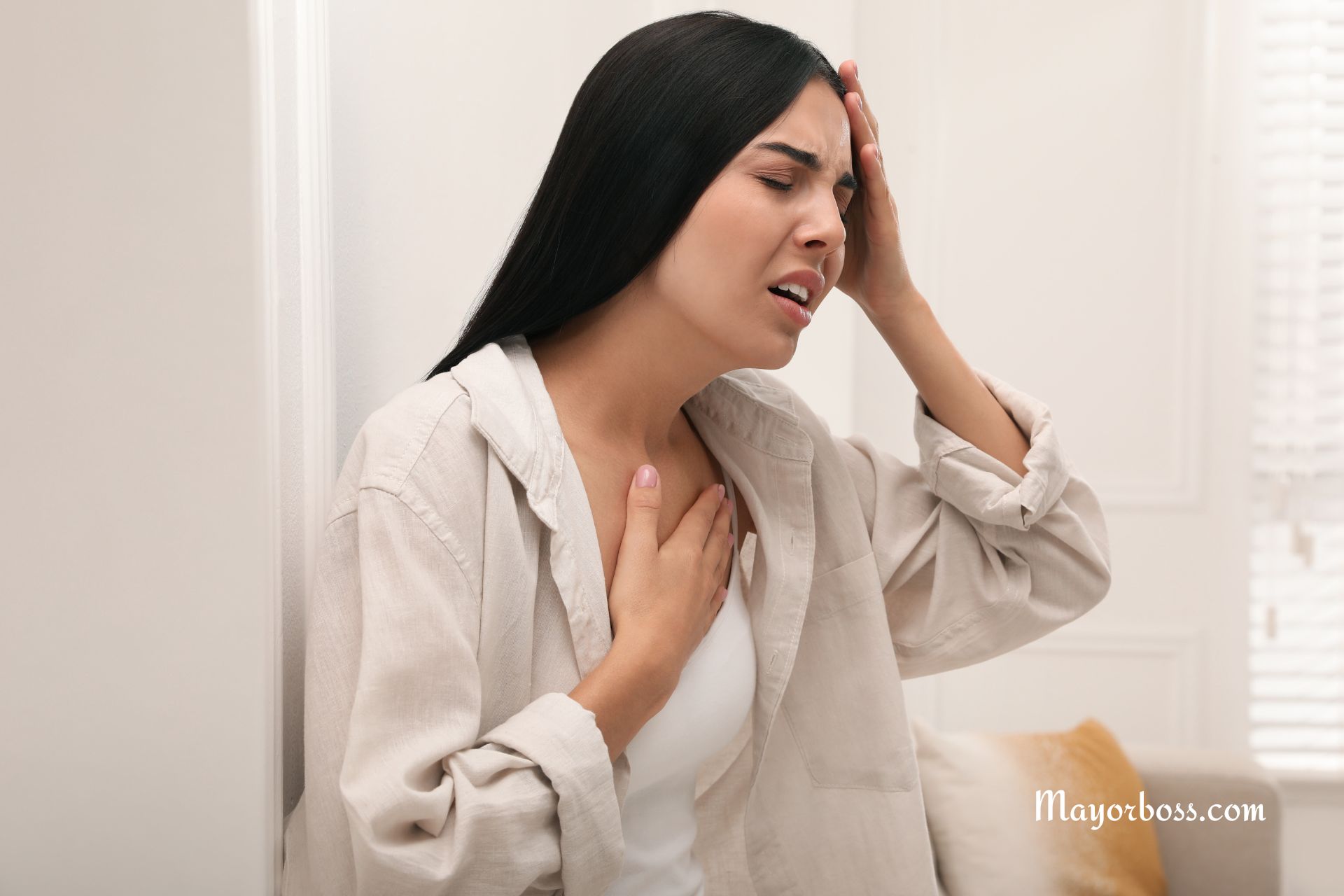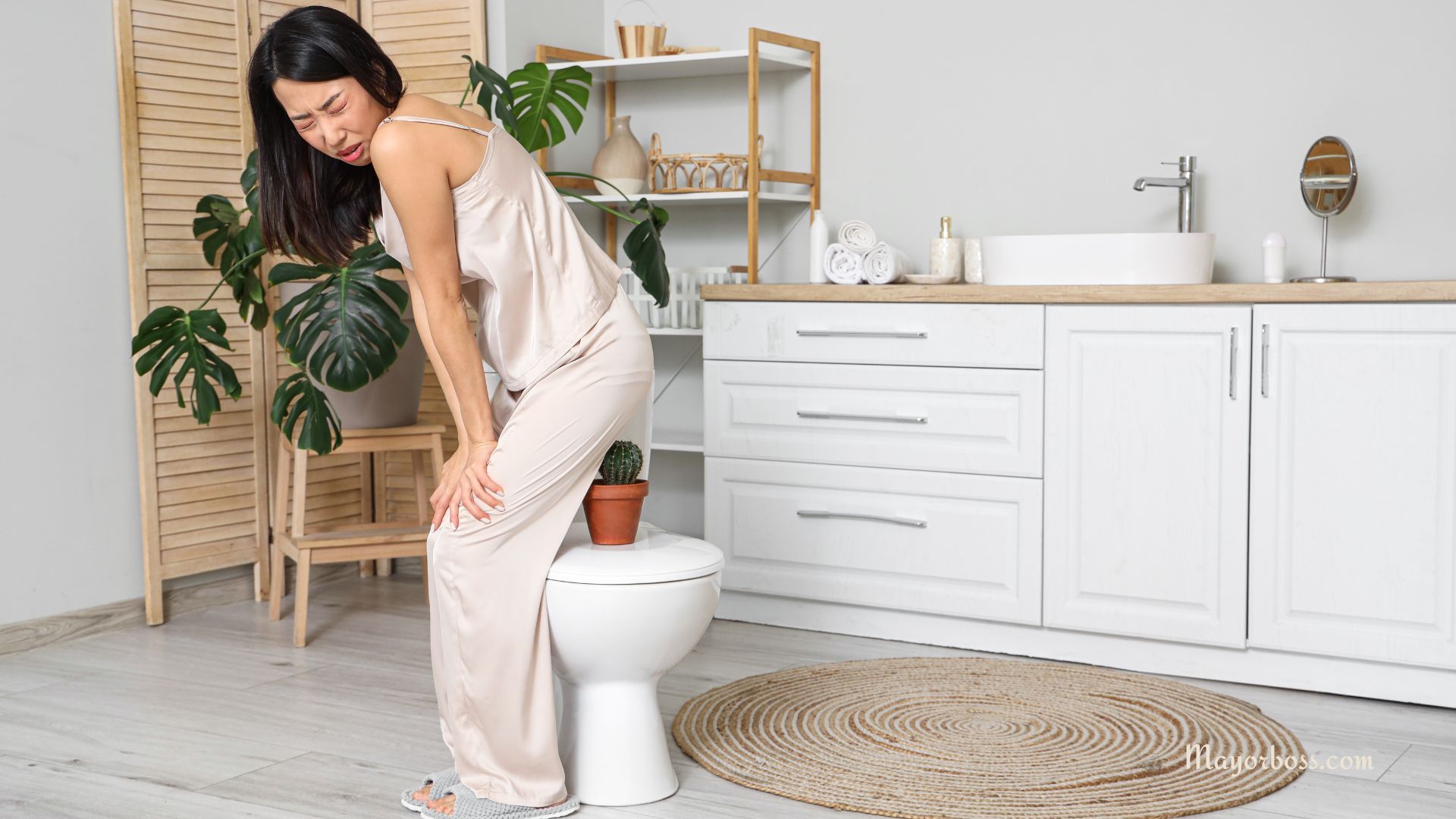What Are 5 Signs of Bloating?
Bloating is something we’ve all experienced at some point. It can feel uncomfortable, and sometimes it might even be downright painful. But how do you really know when you’re bloated? In this article, we examine some of the five key signs that might indicate you’re experiencing bloating.
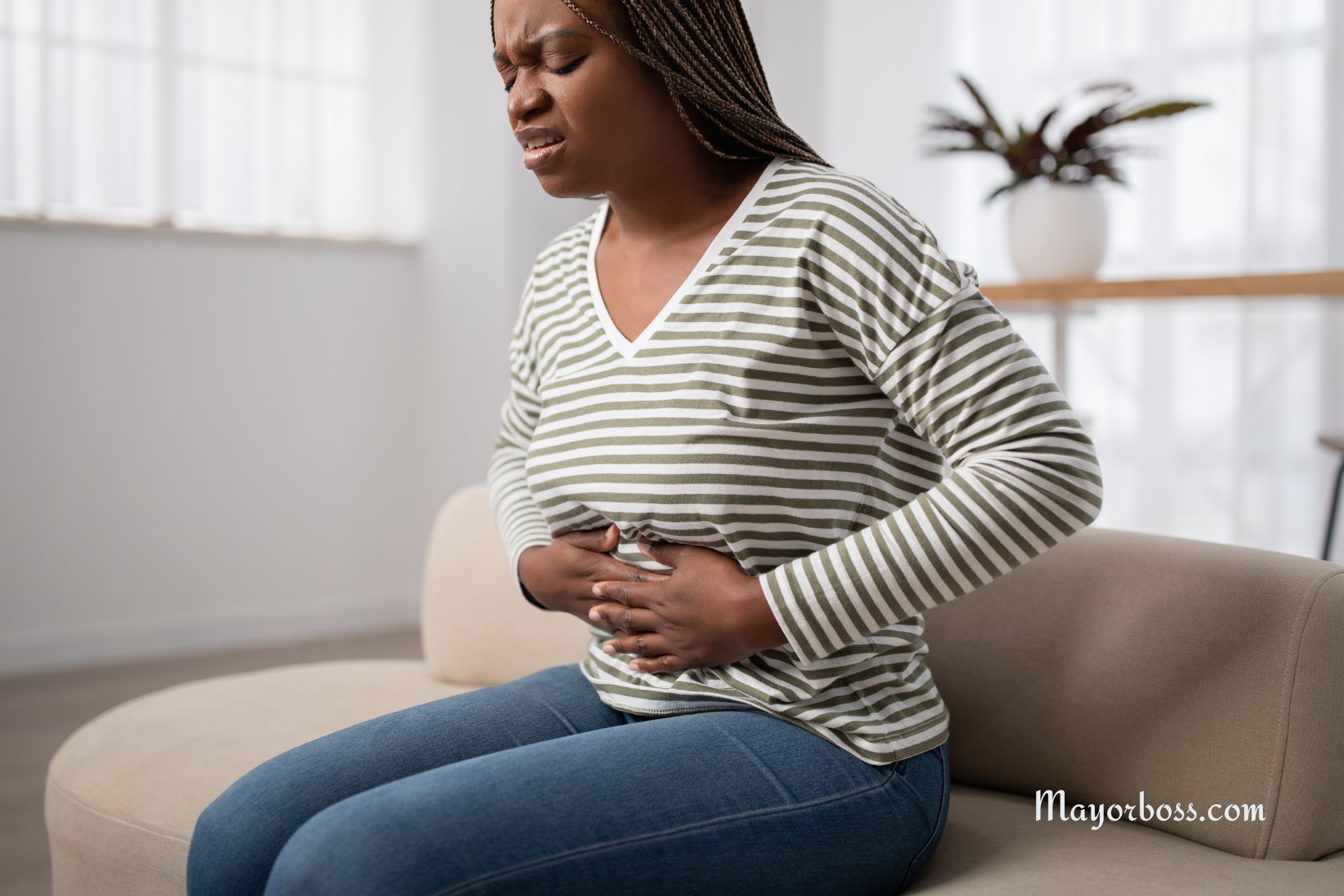
1. Stomach Swelling Means Bloating Is Likely Happening
One of the most noticeable signs of bloating is when your stomach looks bigger than usual. You might even notice that your waistband feels tighter, and your clothes don’t fit the way they did earlier in the day. This swelling happens because your abdomen fills with gas or fluids, making it puff out.
According to Healthline, bloating usually happens when excess gas builds up in your digestive system, and this swelling can happen quite quickly. If you notice that your belly seems larger after eating certain foods, you’re probably dealing with bloating.
2. Uncomfortable Fullness Even After Eating a Small Amount
Do you ever feel like you’ve eaten a full-course meal after just a small snack? This feeling of extreme fullness can be another sign that you’re bloated. When you’re bloated, your digestive tract struggles to break down food, leading to that overstuffed feeling.
According to Dr. Natalia Hapych, a certified family medicine physician, many people report feeling as though they’re “bursting” even if they haven’t eaten much. This is usually due to gas or trapped air, causing the stomach to stretch and feel overfilled.
3. Experiencing Gas and Burping Can Indicate Bloating
If you’re burping more than usual or passing gas frequently, chances are you’re bloated. These are classic symptoms of bloating because they indicate that your body is trying to expel trapped air. The trapped air can happen when you swallow air while eating, drinking, or even talking, which then gets stuck in your stomach or intestines.
Mayo Clinic explains that having gas and burping is a normal part of digestion, though when it becomes excessive, it’s often a sign that something isn’t quite right, and bloating might be the culprit.
4. Abdominal Pain or Discomfort Shows Bloating Symptoms
Bloating can often come with a painful sensation in your abdomen. This pain can range from a dull, persistent ache to sharp, stabbing discomfort. It often feels worse after eating or even when you’re simply sitting down. That’s because the build-up of gas or fluid puts pressure on your stomach and intestines, causing cramps and discomfort.
Dr. Hapych mentions that when the gas stretches your intestines, it can trigger painful spasms. So, if you’re feeling abdominal pain along with a swollen belly, bloating could be the reason.
5. Frequent Changes in Bathroom Habits Might Signal Bloating
If you’re running to the bathroom more often than usual or struggling with constipation, this could be another sign of bloating. When your body is retaining gas or dealing with food that’s not digesting properly, it can mess with your regular bowel movements. For instance, you might feel like you have to go but can’t, or you might feel like you have to go urgently.
According to a study published in 2022, people experiencing bloating often report alternating between constipation and diarrhea. This inconsistency in bathroom habits happens because your digestive system is trying to deal with the extra pressure from gas or fluid.
What Can Cause Bloating?
Bloating can have a variety of causes, and it’s important to identify the trigger. Common reasons include:
- Eating too quickly, can cause you to swallow air.
- Consuming gas-producing foods, like beans, broccoli, or carbonated drinks.
- Food intolerances, such as lactose or gluten sensitivity.
- Hormonal changes, particularly in women during their menstrual cycle.
- Stress and anxiety, can can affect your digestive process.
When Should You See a Doctor About Bloating?
Most of the time, bloating is harmless and can be managed with some simple lifestyle changes. However, if you notice that your bloating is persistent, painful, or accompanied by other symptoms like vomiting, weight loss, or blood in your stool, you should promptly contact your doctor. These could be signs of an underlying health condition that needs further investigation.
The Takeaway
If you’re dealing with stomach swelling, uncomfortable fullness, gas, abdominal pain, or changes in bathroom habits, then you’re likely experiencing bloating. Keep track of your symptoms and figure out what might be triggering your discomfort, and don’t hesitate to reach out to your doctor if you have any concerns.

